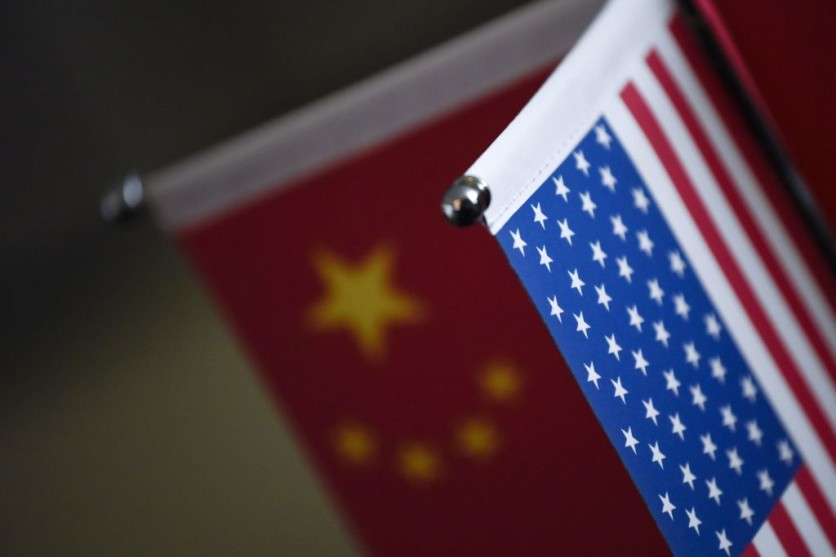The Biden administration is reportedly seeking to carefully target export controls to China despite recognizing it may lead to revenue loss for some US firms.

Biden Administration Carefully Targeting Export Controls in China
US Commerce Secretary Gina Raimondo revealed Wednesday that the Biden administration aims to control exports to China. However, Reuters reported that she acknowledged that such rules would result in certain firms experiencing revenue losses.
Raimondo emphasized the need for restrictions to be tailored carefully to avoid outright denying American companies revenue while allowing China to procure the product from alternative sources or other countries.
Despite the inevitable revenue impact on American firms, she believes implementing these rules is justifiable and worth the potential cost.
In a recent development, executives from leading US chip companies held meetings with top officials of the Biden administration, including Raimondo, to address China policy matters. Simultaneously, a prominent semiconductor lobby group advocated for ceasing further potential restrictions.
Raimondo emphasized that the administration engages in these discussions with companies to strike a delicate balance. The goal is to find a middle ground that safeguards American national security without causing harm to American businesses.
The meetings reflect the issue's complexity as the government seeks to navigate the intersection of national security concerns and the interests of the semiconductor industry.
China's Significance to the US
The consensus among professional forecasters indicates that China's economy is projected to grow by 5.5% in 2023. However, Forbes reported that some analysts believe this consensus may be overly optimistic.
While this growth rate represents a decline from the double-digit gains of the early 2000s, it might not be sufficient to address potential economic concerns.
China's significance to the US cannot be understated, as it stands as its third-largest export market, trailing Canada and Mexico. Despite purchasing seven percent of our exports overall, it holds even greater importance to West Coast states, with Oregon and Washington relying on China for 24% of their products.
Much of this dependence stems from companies like Intel in Oregon and Boeing in Washington. As China's economic performance fluctuates, it can have notable implications for these states and the broader US economy.
For instance, Yahoo Finance reported that China emerged as a dominant player in the semiconductor market last year, accounting for a substantial $180 billion in purchases. This figure represents nearly one-third of the global semiconductor spending, which totaled $574.1 billion.
It positions China as the largest single market for semiconductors worldwide. Companies like Nvidia, Qualcomm, and Intel heavily rely on China for critical sales revenue. Among these companies, Qualcomm stands out as the sole entity possessing a license from U.S. regulators to sell mobile phone chips to Huawei.
This unique license gives Qualcomm a significant advantage in China's highly competitive mobile phone chip market. As the semiconductor landscape continues to evolve, China's influence remains crucial in shaping key industry players' fortunes.
Related Article : [TECH WAR] China Bans Exports of 2 Key Metals for Manufacturing Chips: Gallium and Germanium

ⓒ 2026 TECHTIMES.com All rights reserved. Do not reproduce without permission.




